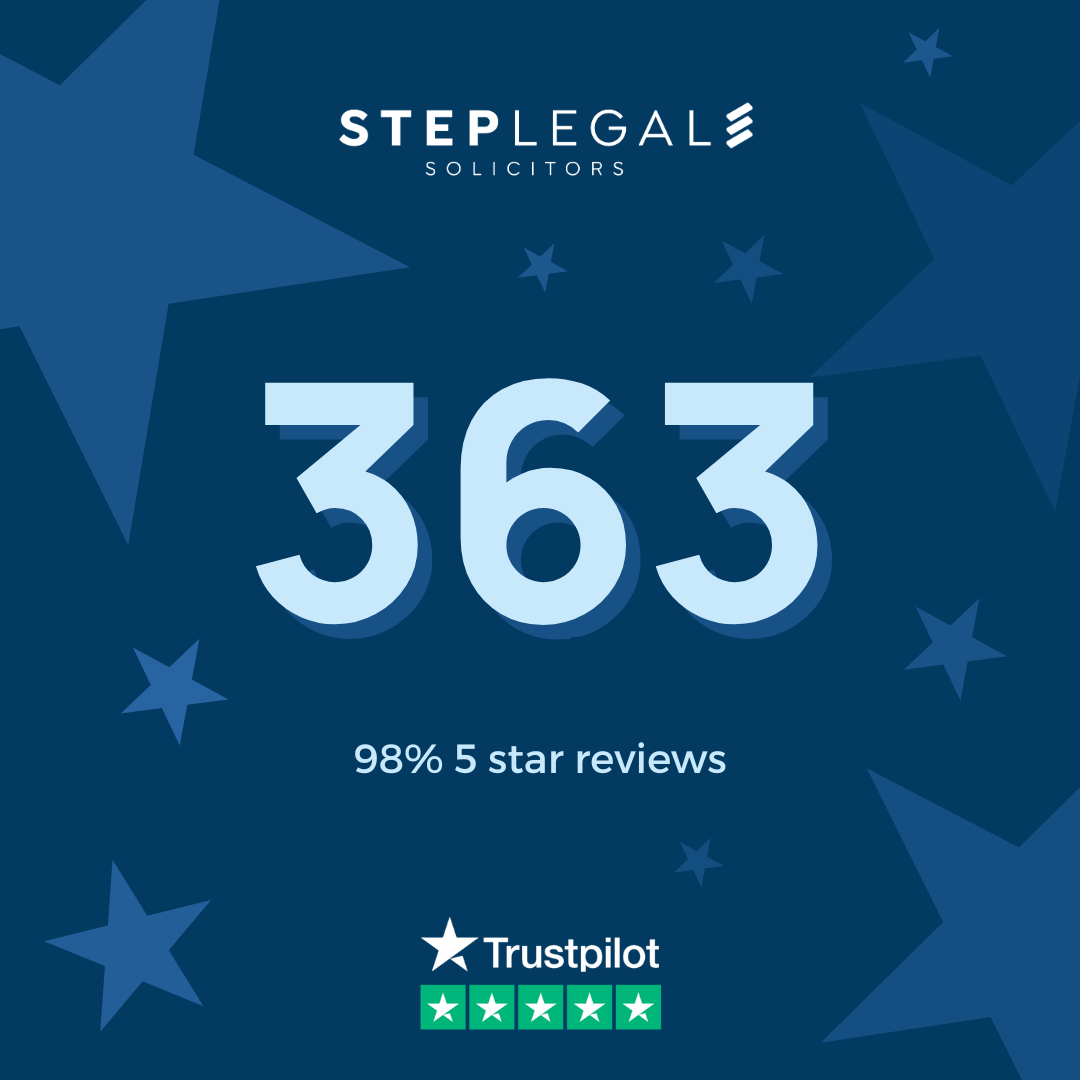
Homebuyers Checklist
If you are planning to buy a new home, then as well as finding the property of your dreams you will also need to take care of a few practical things to ensure that your purchase goes smoothly. This starts with finding a good conveyancer who can handle the legal side of things and get you moved quickly, but it also involves you thinking ahead, looking closely at your finances and planning for all eventualities!
To help you get prepared, our property team have put together this handy checklist.
- Get your finances in order
It may sound obvious, but if you are going to buy a property then one of the first things you need to do is to make sure that you have the funds available to cover the purchase price and any other costs and expenses you are likely to incur. This means ensuring that you have a firm mortgage offer in place and your own deposit where required, plus an additional pot of money to cover legal fees, stamp duty land tax, buildings and contents insurance and, of course, your moving costs.
- Think about affordability, both now and in the future
While your lender will have carried out their own affordability check when you applied for your mortgage, this will have been geared towards assessing your ability to repay the amount borrowed assuming there is no fundamental change in your circumstances. But as we know, life has a habit of throwing a curve ball at us sometimes, so it is also important for you to think about the issue of affordability and in particular your ability to cope should your mortgage payments go up, if the cost of gas and electricity continues rise or should you suddenly to find yourself unemployed, even for just a few weeks or months.
We know that this may sound a bit depressing, but, by thinking about this before you sign on the dotted line, you can make sure that you are not biting off more than you can chew and that you have time to come up with a plan to help you weather any financial storms that you may face.
- Make sure the property is in order
While it will be your conveyancer’s responsibility to make sure that the property you are proposing to buy is satisfactory from a legal perspective, it will be your responsibility to make sure that it is in an acceptable state and that it is structurally sound.
The easiest way to do this is to instruct a surveyor to inspect the property and to provide you with a report, which we can then help you to review and digest.
The cheapest type of report that you can commission is called a condition survey, which should highlight any major problems or areas of concern that are obvious from a general walkaround. The most expensive type of report is a building survey, which ought to reveal pretty much all and any potential issues, because it involves the surveyor checking every element of the property that they can physically get to without knocking down walls etc. Where problems are identified, this type of survey will also detail any further investigations that are needed and also any required repairs or works.
Please do not be tempted to just rely on your mortgage valuation, as this is only concerned with assessing whether the property is worth enough to cover the amount being lent. It is not a guarantee that the property is worth what you are proposing to pay for it.
- Deal with requests for information promptly
On average, the conveyancing process usually takes between eight to twelve weeks. However, the speed with which things can be completed will be heavily influenced by how quick you are in responding to requests for information and in confirming your instructions.
With this in mind, make sure that you provide your conveyancer with a telephone number where you can be easily reached, along with your email address. Also, make sure that you tell them if you plan to go abroad in the coming weeks or months so that they can factor this into their schedule and try to ensure, as far as possible, that there are no important documents that need to be signed while you are away.
- Sort out moving day
While your conveyancer will always try to give you as much notice as possible about when your purchase is likely to be finalised, it is not unusual for things to be a little bit up in the air towards the end of the process – particularly where you are reliant on a mortgage, as lenders can quite often raise last minute queries which need to be dealt with before they will agree to any funds being released.
For this reason, you need to try to build in a bit of flexibility as the time for completion gets nearer. This may mean booking a few extra days off work if you can to allow for the fact that you might end up moving slightly sooner or later than planned, ensuring that your removals company will allow you to change the date of your booking if the need arises, and even possibly having alternative accommodation lined up with family or friends if there is a chance that you could end up ‘between properties’ for one or two nights.
Contact us
For more information, and to discuss your own home move, please contact the head of our conveyancing department, Anees Khan, on 0800 195 6412.
















